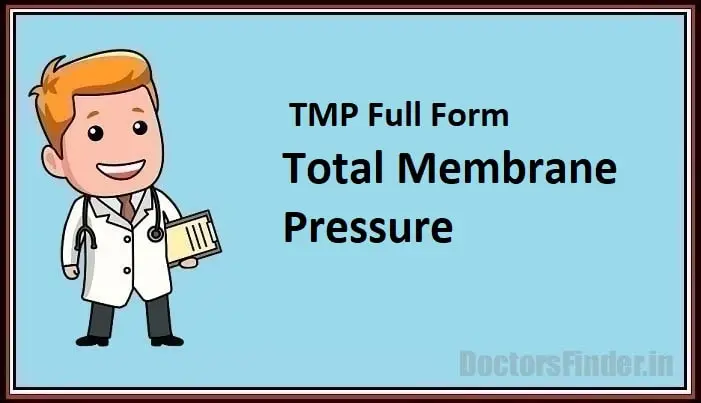The full form of TMP in medical term is “Total Membrane Pressure.”
Total membrane pressure is the sum of hydraulic and osmotic pressure across a membrane. Hydraulic pressure is the pressure exerted by the feed solution on the membrane surface, while the concentration gradient across the membrane causes osmotic pressure.
Total membrane pressure is a critical factor in operating membrane-based separation processes. These processes include reverse osmosis, nanofiltration, ultrafiltration, and microfiltration, widely used in various industrial and environmental applications.
The total membrane pressure is a critical factor in membrane-based separation processes because it affects the driving force for solute transport across the membrane. The higher the total membrane pressure, the greater the driving force for solute transport and the higher the permeate flux. However, the total membrane pressure is also limited, beyond which the membrane may be damaged or fouled.
The total membrane pressure is a key parameter determining the performance of membrane-based separation processes. It affects the permeate flux, solute rejection, and membrane fouling, essential parameters for process efficiency.

Controlling the total membrane pressure is crucial for efficiently operating membrane-based separation processes. TMP can be controlled by adjusting the feed pressure, permeate pressure, and membrane properties and cleaning the membrane.